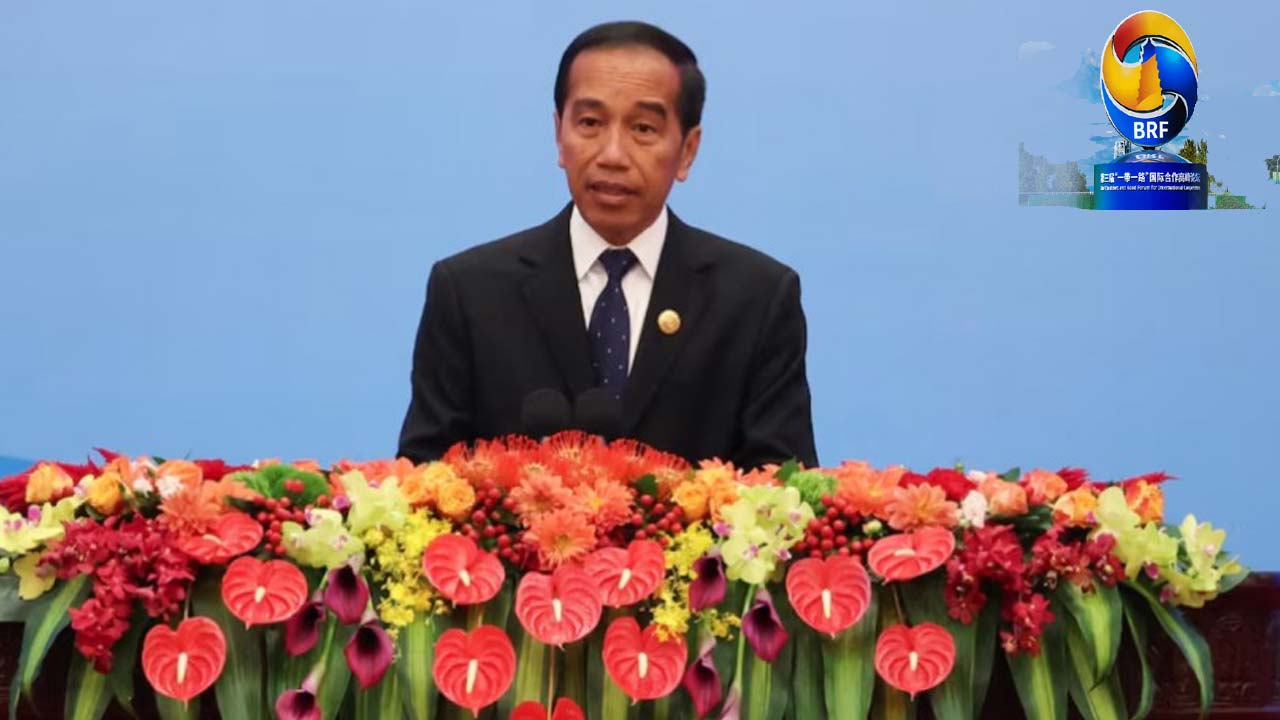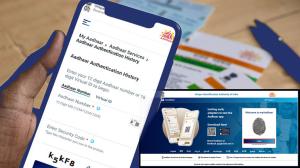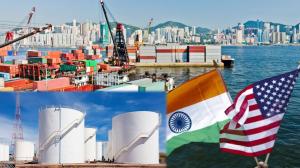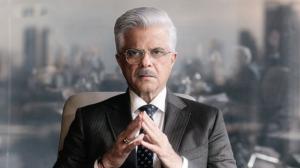
JAKARTA : On Wednesday, August 7, Indonesian President Joko Widodo officially launched a new plant that has been set up through a collaboration between China’s BTR New Material Group and Singapore’s Stellar Investment. This facility is set to produce anode materials for electric vehicle (EV) batteries.
The initial phase of the project saw an investment of US$478 million (S$634 million) and will have the capacity to produce 80,000 metric tons of materials annually, as reported by the Coordinating Ministry of Maritime and Investment Affairs. The production start date has not been set yet.
Indonesia aims to develop a robust domestic electric vehicle industry by leveraging its abundant mineral resources, particularly nickel, which is crucial for battery cathodes.
“Our strategic decision to build a significant EV ecosystem is coming to fruition, starting with our 2020 ban on raw nickel exports,” said President Widodo, commonly known as Jokowi, during the plant’s inauguration ceremony in Kendal, Central Java.
For this anode plant, BTR will utilize graphite products sourced from its facility in Morowali, Indonesia.
BTR plans to begin construction on the plant’s second phase in the fourth quarter of this year, according to senior minister Luhut Pandjaitan. This expansion aims to increase the plant’s capacity to 160,000 tons per year, with an additional investment of US$299 million, according to BTR New Material Group Chairman He Xueqin. Once completed, Indonesia is anticipated to emerge as a major global producer of anode materials.
“Indonesia will rank as the second-largest producer of negative materials worldwide, trailing only China. This project will address gaps in the local and broader ASEAN battery industries,” He Xueqin stated.
Indonesia’s initiatives have attracted significant investment from major battery and EV manufacturers, including South Korea’s Hyundai Motor Group and LG Energy Solution, which recently launched the country’s first battery cell production facility. This new production site will be integrated with Hyundai’s plant, enabling the manufacture of EVs powered by locally produced batteries.











